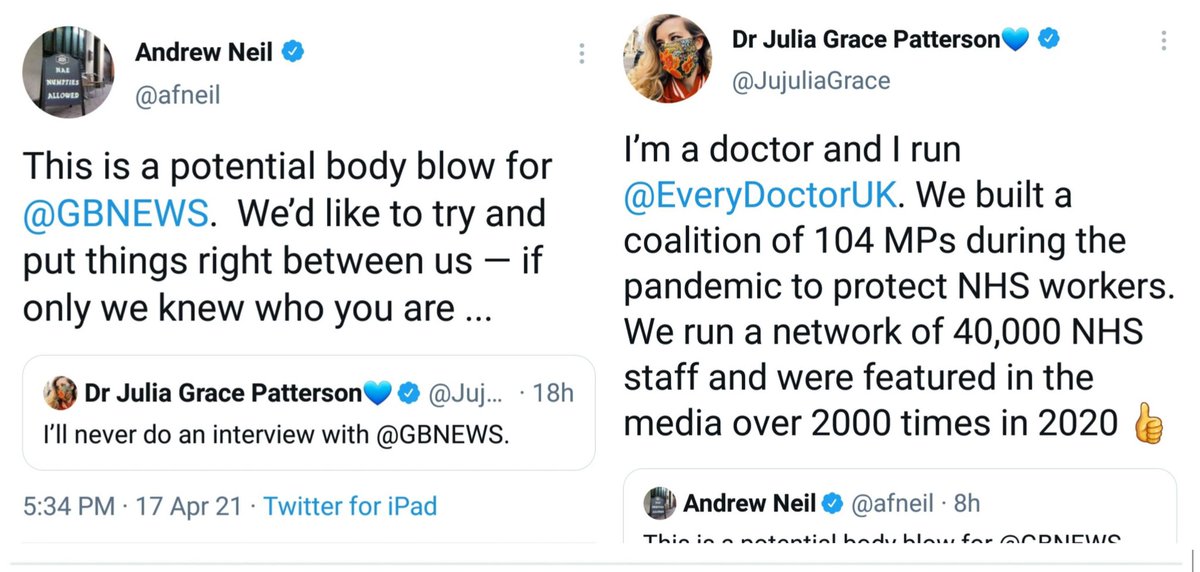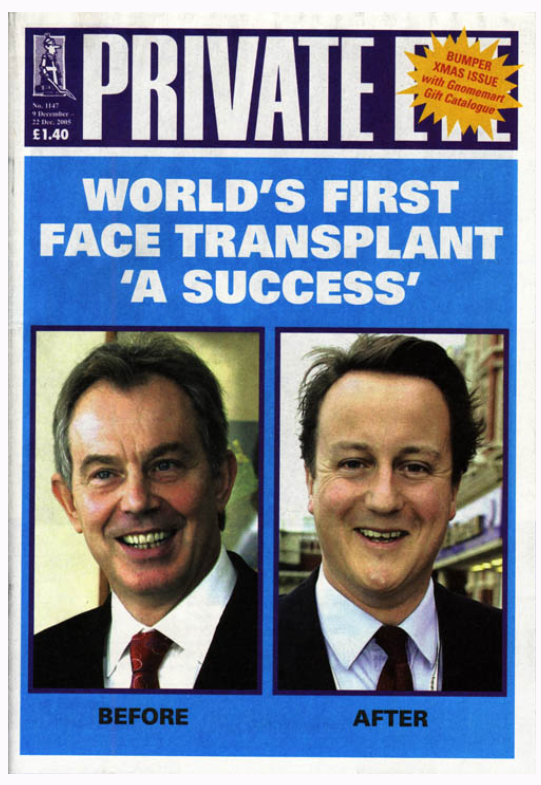
Absolute state of Britain after forty long years of deregulated free market #capitalism.
The prison population in England & Wales increased substantially (by 90%) between 1990 & 2016.
Why?
Fundamentally, it's about grotesque levels of economic #inequality.
THREAD
The prison population in England & Wales increased substantially (by 90%) between 1990 & 2016.
Why?
Fundamentally, it's about grotesque levels of economic #inequality.
THREAD
https://twitter.com/guardiannews/status/1383888067438604299
A 2019 LSE report into 'Understanding the Links between Inequalities and Poverty' reviewed & presented the best evidence.
I'll summarise some of the findings, below.
sticerd.lse.ac.uk/dps/case/cp/ca…
I'll summarise some of the findings, below.
sticerd.lse.ac.uk/dps/case/cp/ca…
Fundamentally, when economic inequality is high, & economic opportunities are low, economically disadvantaged individuals have an increased incentive to commit certain types of crime; those associated with an economic gain: robbery, burglary, theft, etc.
At the same time, increases in economic inequality appear to be linked with preferences for greater punitive sanctions for those found guilty of committing a crime.
We see a change UK government policy towards a much harsher sentencing regime starting from the early 1990s.
We see a change UK government policy towards a much harsher sentencing regime starting from the early 1990s.
The result has been increases in the use of custodial
sentences, & the use of longer custodial sentences, with the UK now having one of the highest rates of imprisonment rates across high income countries.
sentences, & the use of longer custodial sentences, with the UK now having one of the highest rates of imprisonment rates across high income countries.

As the 'economic determinants of crime model' predicts, it is those with the least economically advantaged backgrounds who are the most likely to be incarcerated.
In this regard, prisons have become in charge of the “penal management of poverty and inequality”.
In this regard, prisons have become in charge of the “penal management of poverty and inequality”.
Prisons are filled with “the unemployed, the homeless, the mentally distressed, the institutionally brutalized, the sexually traumatized & the substance dependent”, in addition to the racially & economically marginalized black & certain other ethnic minority groups.
Prisons have become “the big house for the poor & the powerless” regardless of crime committed or illegal activity engaged in by the non-minority, well-off & more powerful part of the population.
Corruption rarely results in prison, even though the effects may be more impactful.
Corruption rarely results in prison, even though the effects may be more impactful.
A 2006 research study found a clear link between a country’s welfare spending & incarceration rates.
Amongst the 18 countries included, the seven countries with the highest imprisonment rates, were ALL found to spend below average proportions of their GDP on welfare.
Amongst the 18 countries included, the seven countries with the highest imprisonment rates, were ALL found to spend below average proportions of their GDP on welfare.
Although crime rates have been falling in the UK & USA, incarceration rates have reached unprecedented levels.
Prison population rates in the UK are considerably higher than those observed in many other Western European countries - even though their crime rates have fallen too.
Prison population rates in the UK are considerably higher than those observed in many other Western European countries - even though their crime rates have fallen too.
In June 2018, The Economist reported results from Gallup’s annual Law and Order Index which covers 142 countries.
They plotted income inequality levels against responses to a series of crime related questions.
In all cases they find a positive correlation.
They plotted income inequality levels against responses to a series of crime related questions.
In all cases they find a positive correlation.
They concluded that 'higher #inequality is associated with lower trust in local police, less likelihood of feeling safe walking home alone, a greater likelihood of having property or money stolen, & a greater likelihood of assault over the past year'.
'Social theory' is often demonized by right-wing activists, pundits, politicians & journalists, to the extent that many people now fail to comprehend that theories are an essential component in explaining & understanding social phenomena, & in producing social & economic policy.
A number of theories have been put forward to try & account for the fact that higher economic inequality or lower welfare support for the least advantaged is related to higher rates of imprisonment & growing prison populations.
It may that be increases in economic inequality led some Govts to enact harsher criminal laws & enforce them disproportionately against economically disadvantaged populations: penal disparities between different liberal economies have increased starkly over the last thirty years.
In highly deregulated free market economies like the UK & USA “under conditions of surplus unskilled labour... the costs of a harsh, exclusionary criminal justice system are less than they would be in a coordinated market economy” such as the Nordic & northern European countries.
The Lammy report evidenced ethnic disparities throughout the UK criminal justice system in England & Wales stemming from institutional & structural racism, which appears to have been largely disregarded by the recent misleading recent Race Report, & denied by the UK Government.
Many factors can help explain racial disproportionality in the prison system, but the first & foremost, is that criminal conduct in the UK has been linked to the declining social & economic conditions among working class & second and third generation minorities.
Such deprivation correlates with the prevalence & degree of criminality: ie, areas with high levels of concentrated poverty, unstable housing, & highly transient populations, are often found to be associated with more serious criminal behaviour - a handy scapegoat for the Right. 



The evidence suggests that crime, the legal system & punitive sanctions are linked to the relationship between economic inequality & poverty: a deteriorating relative position of the least advantaged increases their incentives to commit crimes which involve an economic gain.
Once drawn into crime, these individuals can fall into a cycle of disadvantage, from which it is very difficult to escape.
Discrimination in the criminal justice system, including sentencing disparities, means that social & economic inequalities are further exacerbated.
Discrimination in the criminal justice system, including sentencing disparities, means that social & economic inequalities are further exacerbated.
To reiterate: increasing inequality is linked to greater punitive sanctions. Since the 90s, prison populations have soared.
With limited effective prison rehabilitation & high re-offending rates a ‘prison-to-poverty’ pipeline only exacerbates the inequality-poverty relationship.
With limited effective prison rehabilitation & high re-offending rates a ‘prison-to-poverty’ pipeline only exacerbates the inequality-poverty relationship.
In 2019, it cost around £43,000 to keep someone in prison for a year, & still around 75% of ex-inmates reoffend within nine years of release.
Meanwhile, since 2009, the wealth of Britain's richest 1,000 people has INCREASED by £480 BILLION.
#ToryCriminals
#EnoughIsEnough
Meanwhile, since 2009, the wealth of Britain's richest 1,000 people has INCREASED by £480 BILLION.
#ToryCriminals
#EnoughIsEnough

So why did I start the thread by stating forty long years of deregulated free market #capitalism has been catastrophic & resulted in grotesque levels of economic #inequality?
Globally, at least £30 TRILLION is hoarded offshore by the global elite.
Globally, at least £30 TRILLION is hoarded offshore by the global elite.
https://twitter.com/docrussjackson/status/1359445197113950208
• • •
Missing some Tweet in this thread? You can try to
force a refresh













